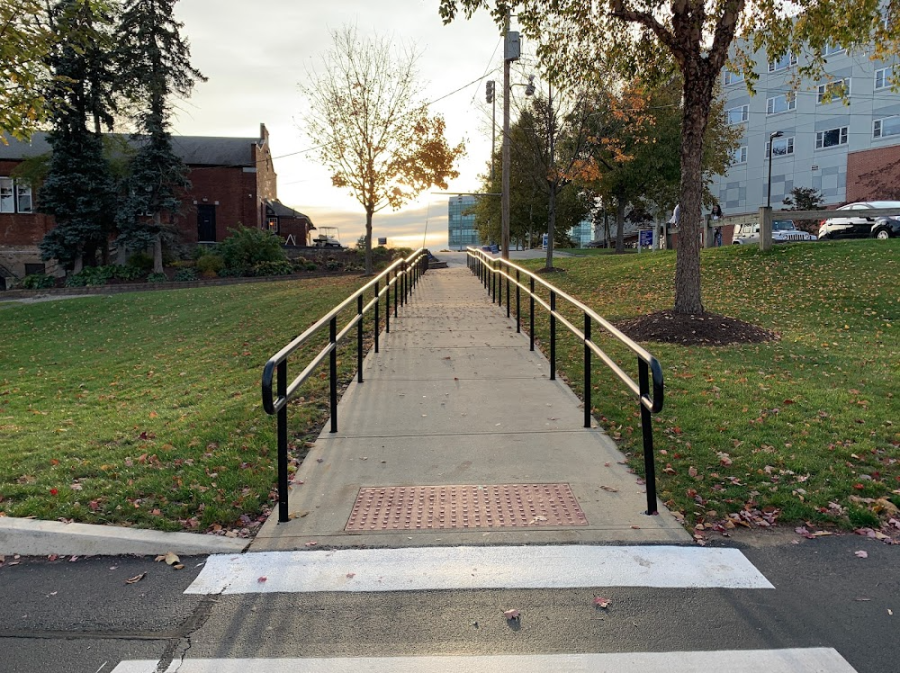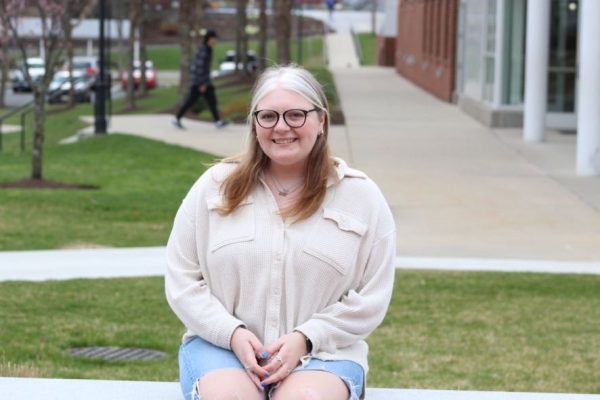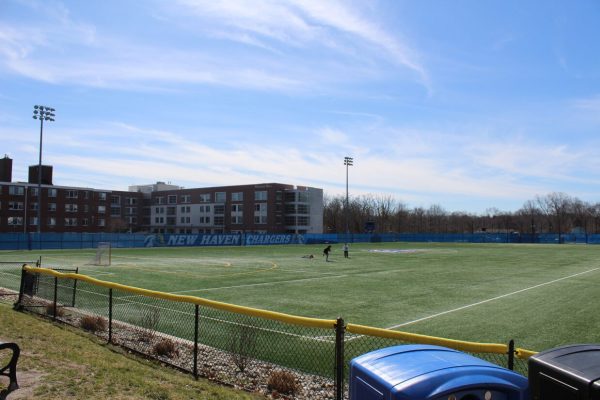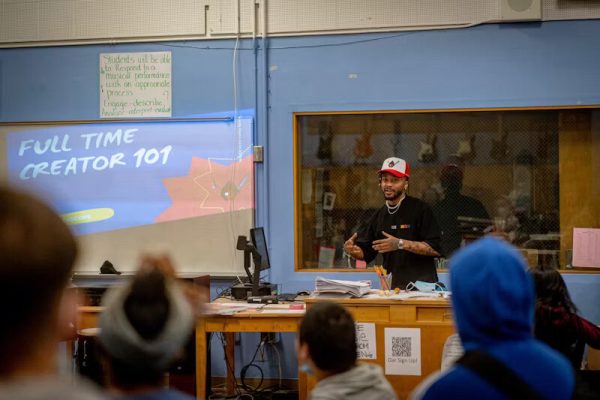Concerns on campus: Listen to students for change
As we progress through the semester, students have a greater sense of what they want to see changed throughout the university community. After interviewing members of the student body across campus, university students expressed concerns about parking, accessibility and conflict mitigation.
Sophomore national security major Anna Schleck said that the school needs more parking for residential students and a better system for removing cars from North Campus during weekend events. Schleck also said that potentially increasing the size of the North Campus parking lot could in turn reduce some of the overcrowding in other campus lots.
On the subject of academics at the university, Schleck said that it would be beneficial for program chairs to be more accessible to all students campuswide, saying “the changes that they make affect student lives and their degree paths.” Considering that many people attend smaller campuses for more individualized assistance, the expectation is for program chairs to be figures that can be reachable by the students that they are working to assist.
Similarly, forensic psychology sophomore Victoria Brennan said that when seeking to undergo the scheduling process, her advisor was not listed to be contacted under the Navigate platform. She mentions how “Navigate is one of the main ways that the school says to make meetings, but how if they aren’t listed?” This is yet another instance highlighting students feeling underwhelmed by the accessibility of their superiors.
Natalie Matarazzo, a freshman psychology major, spoke up about her concerns surrounding the accessibility of campus. She said, “some ramps are very steep and there is a protocol for every inch of height of a step, the ramp has to be ‘x’ feet long and I think some ramps don’t meet that.” Current Americans with Disabilities Act requirements for ramps are very specific, and individuals using them on campus are sensing that the ramps feel as if they may be off from these measures.
Matarazzo also said that “the school also needs to be aware that although they put in door access buttons, half of them don’t work.”
Her concerns, alongside any other of this nature, can be directed to the university’s Accessibility Resource Center (ARC). These improvements could also make the campus more enticing to those contemplating future enrollment, as being inclusively equipped allows for more widespread comfort across a more diverse student population.
Jacqueline Mindlin, a health sciences freshman, said that “the school should improve its ability to be proactive instead of reactive.” The approaches that the university takes when conflict arises on campus leaves an impact on witnessing students, and Mindlin has begun to speak up on how the choices made by the school have rubbed students the wrong way.
Student comfort and satisfaction are a large part of university life. These voices, along with others, can shine light on the ways that the school can work to ease the activity of day-to-day life as a student navigating campus.

Mia Adduci is a senior studying communication concentrating in multi-platform journalism and media who began writing for the paper her first semester on...








